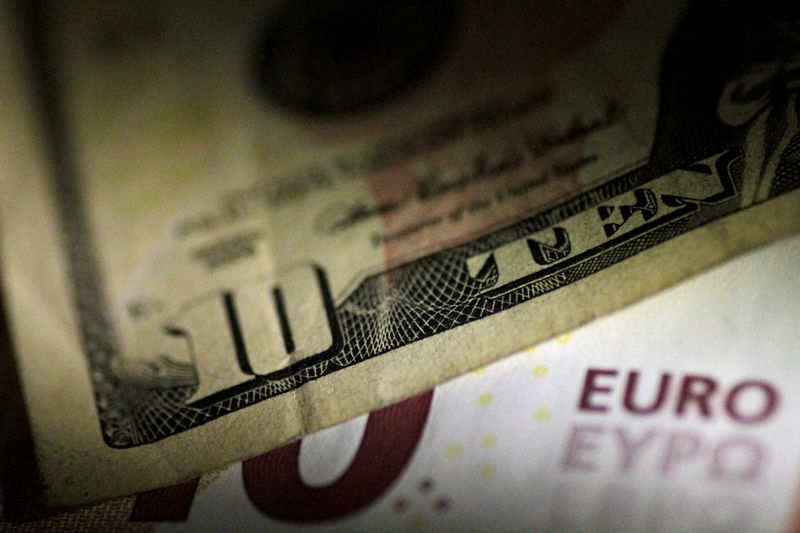By Makini Brice and Steve Holland
WASHINGTON (Reuters) - The Trump administration has "ruled out" intervening in markets to lower the U.S. dollar's value, even though President Donald Trump is concerned other countries are weakening their currencies to gain a trade advantage, a top White House adviser said on Friday.
"Just in the past week, we had a meeting with the president and the economic principals and we had ruled out any currency intervention," White House economic adviser Larry Kudlow told CNBC.
White House adviser Peter Navarro, a trade hard-liner, presented Trump on Tuesday with ideas on how to devalue the dollar as a way to pressure China in an ongoing trade fight, according to a source familiar with the matter, confirming a Politico report, which said the president quickly dismissed the proposals.
Asked why he had decided not to act on them, Trump told reporters at the White House, "I didn't say I’m not going to do something."
Trump has publicly complained about the strength of the dollar, saying it hurts American competitiveness, but Kudlow disputed an assertion that the president wanted a weaker greenback. Rather, he said, other currencies should be stronger.
"I don't agree with your assertion that the president wants a weak dollar," Kudlow said. "What the president is concerned about is that foreign countries may be manipulating their own currencies lower to try to gain some short-term, temporary trade advantage."
Kudlow told reporters later on Friday that the president wanted a steady dollar.
Trump, in his remarks to reporters, suggested he welcomed the dollar's strength in so far as it is an emblem of a strong economy, even though it curbs U.S. exports.
"The dollar is very strong. The country is very strong," he said. "It's a beautiful thing in one way but it makes it hard to compete."
"We have a very powerful dollar ... It's really become, more than ever before, the currency of choice," Trump added, citing weakness in the euro. He also said China's yuan was "very low."
In a tweet on Monday, Trump complained that it was "very unfair that other countries manipulate their currencies." He has blamed the U.S. Federal Reserve's interest rate policy for much of the dollar's strength and has been jawboning the central bank to cut rates at its two-day meeting next week.
"The Federal Reserve raised the rates too fast and too soon," Trump lamented on Friday.
The central bank had been raising rates through the end of last year, and the substantial gap between U.S. borrowing costs and those in other developed economies has been seen as a contributor to the dollar's strength. But, in response partly to what it sees as headwinds from Trump's trade policies, the Fed is now expected to cut rates for the first time in more than a decade.
In the last 12 months, the ICE (NYSE:ICE) U.S. dollar index (DXY) has gained about 3.5%, largely due to gains against the euro (EUR=). On Friday, the index touched the highest in two months and was less than 0.5% from its strongest levels in more than two years.

Against China's yuan , it has risen by about 1.4% over the last 12 months, much of that coming in May after Trump raised tariff rates on billions of dollars of Chinese imports.